
Reasons for the overall low rate of clozapine use brings to light questionable decisions on the part of policymakers

Reasons for the overall low rate of clozapine use brings to light questionable decisions on the part of policymakers
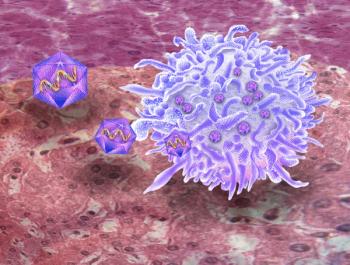
Because over half of persons with HIV infection have a lifetime history of depression or bipolar disorder, psychiatrists are uniquely positioned to provide both preventive and therapeutic interventions to vulnerable patients.

For a change, here is some very good news coming from several fronts. "It’s almost like science fiction, but it’s real."
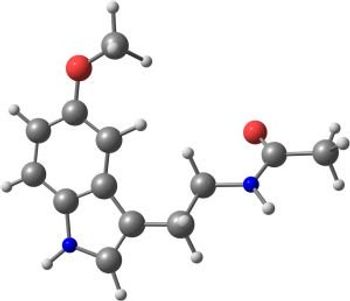
A veritable explosion of tweets on opioid guidelines, the American student sentenced to 15 years of hard labor in North Korea, Brain Week, "Trump Anxiety," and other issues that were shared and reshared from and around Psychiatric Times' Twitterverse.

A focus on QTc monitoring in patients receiving psychotropics, especially when multiple medications are prescribed.

We invite you to join our Early Career Advisory Board and share your insights about psychiatry, your interests, ideas, and goals.

We are seeking your real-life story that can move, teach, and inspire other psychiatrists.

Setting the record straight on the burgeoning field of reproductive psychiatry.
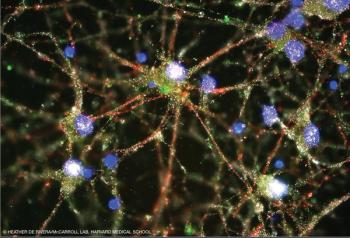
The identification of a genetic risk factor has shed light on the underlying neurobiology of the disorder.
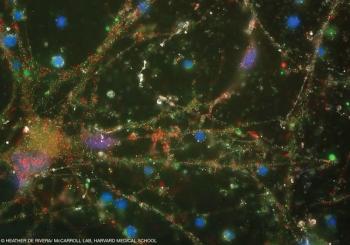
Groundbreaking work by a Harvard team represents a bold step in our journey toward understanding schizophrenia.

Concerned about daylight savings time? This patient handout offers tips for getting a good night's sleep.

We can teach patients a lot about the biopsychosocial causes of depression-even in 5 minutes.

A man searches for the answers to what happened to him psychologically after a childhood of high achievement. But facts intersect with fiction in this documentary.

A simple handshake is no longer a formal gesture to symbolize parting ways. It has become that moment, with a patient, when we both agree to embark on a journey together.

ECT has been an acute intervention for patients with severe resistant MDD, but what is its effect on brain volume?

Meditation training is a valuable, thoroughly secular tool for psychiatrists to incorporate into our patient practices-and our own personal self-care routines. Here: the basics.
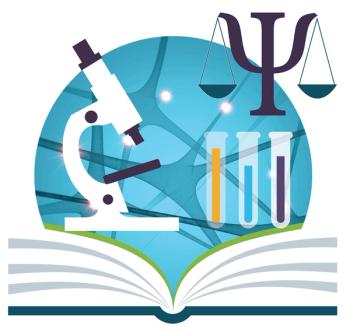
An exploration topics that are relevant to most clinicians who work with patients with personality disorders.

Despite its survival and final inclusion in DSM-5, narcissistic personality disorder remains a controversial diagnosis. Here: perspectives on diagnosis, treatment, and prognosis.

Personality disorders are arguably the most challenging for psychiatrists because they are difficult to diagnose and frequently coexist with psychotic, affective, and anxiety disorders.

In the opinion of the author, the psychiatry/anti-psychiatry rift has had a devastating effect on the lives of people with severe psychiatric problems.
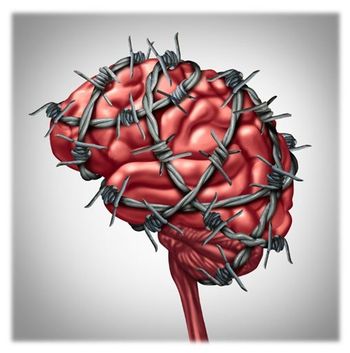
The Prinzhorn collection laid the groundwork for psychiatric art and inspired many modern artists.

The current shortage of psychiatric beds in the US is a major problem. Patients are discharged prematurely and often have to be readmitted or end up homeless or incarcerated.

A review of a compelling documentary on the spectacular rise and catastrophic fall of British singer Amy Winehouse, a star with an old voice in a young body.

Suicide contagion and clusters are more likely among young people in contained communities such as college campuses.

A Q&A on the emerging field of positive psychiatry.

A focus on the differential of CNS disorders that present with neuropsychiatric symptoms, their presentations, and guidelines for treatment.
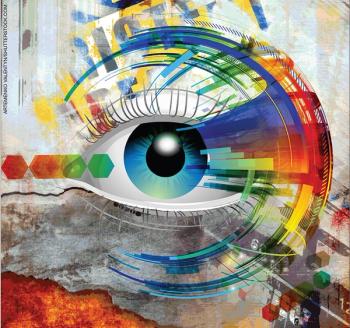
After a brief description of the scope of an important IOM report, this article summarizes content that is especially relevant for psychiatrists.

Setting the record straight on what the literature does and does not say about long-term use of antipsychotics.

When a health system honcho asks me to see his thirty-year-old son “for a little anxiety” I can only agree. He arrives with a girlfriend, the couple dressed like characters from an Armani ad...

A study of treatment tolerance and therapeutic response in children and adolescents with OCD.